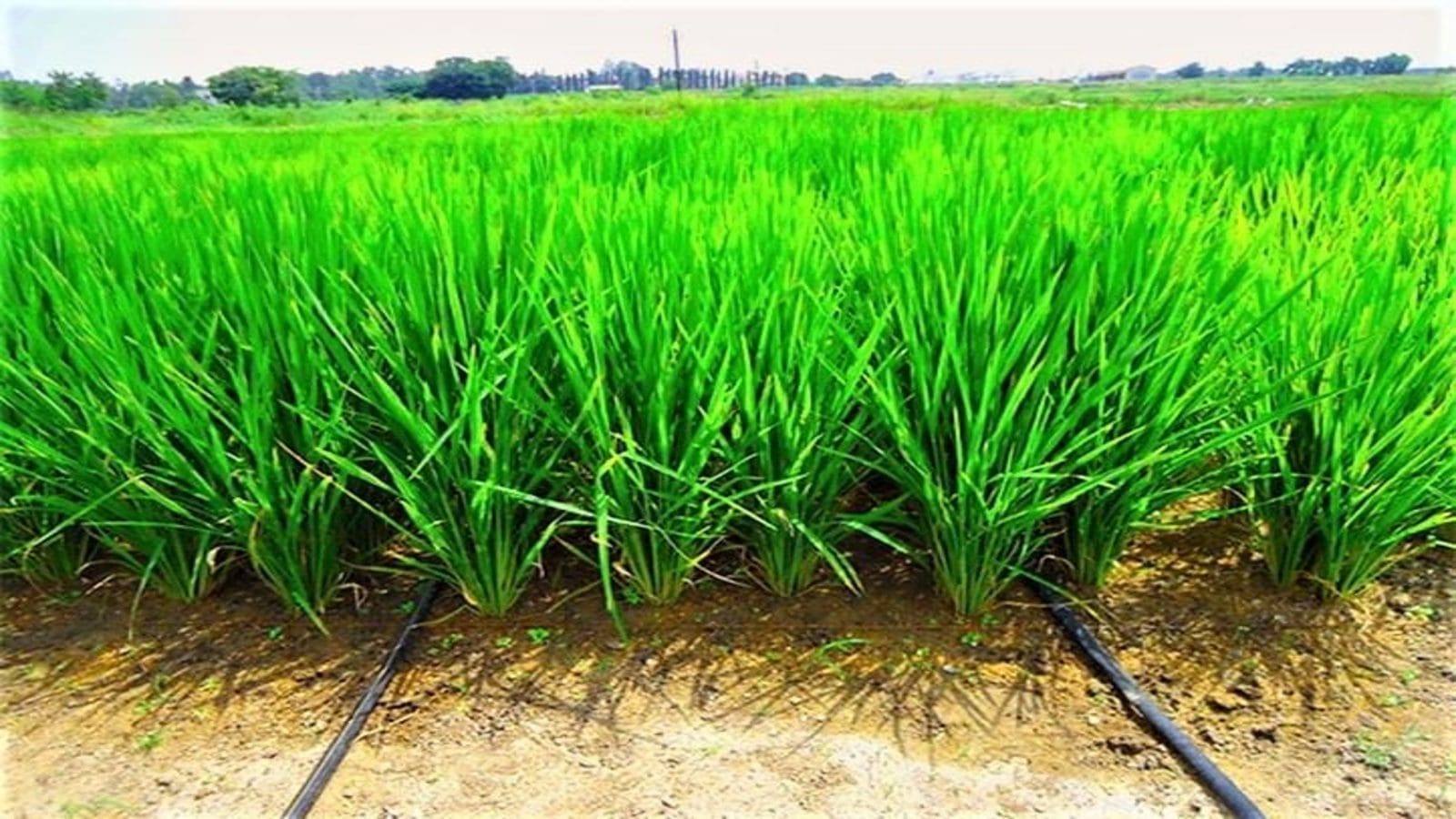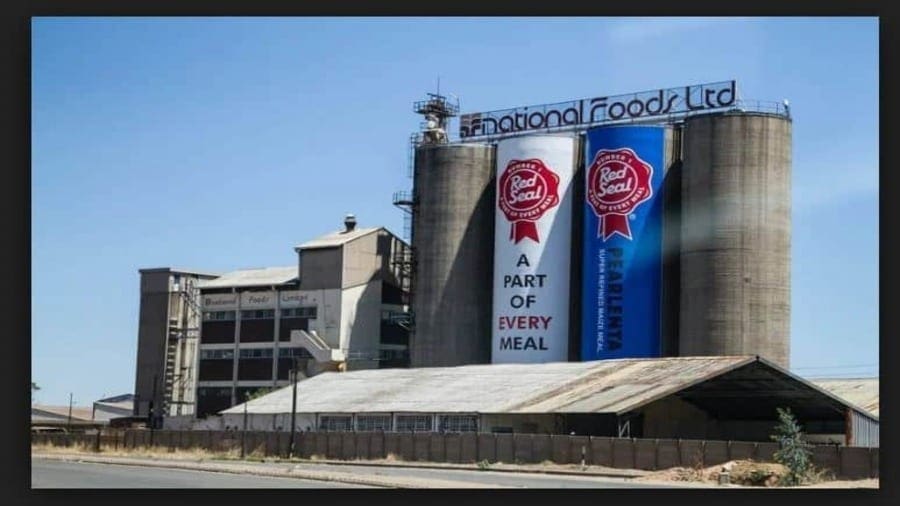TANZANIA – Zanzibari government has allocated US$214,000 to boost irrigation infrastructure and modern technology in rice cultivation as the country strives to achive self-sufficiency in food and commercial crops.
The allocation targets increasing production as well as producing quality seeds adopted by the Tanzania Research Institute (TARI) Dakawa center. The center is committed to undertaking rice research for farmers in the country.
In Tanzania, rice is the second most important food and commercial crop after maize, with significant national importance as a source of employment, income, and food security for millions of rural households.
The country is the second largest producer of rice in Eastern and Southern Africa after Madagascar, with an average production estimated at 2.2 million metric tonnes annually.
The East African country has the potential to meet the growing demand for staple food in the regional market following access to quality seeds and modern technologies in cultivation from its research center, TARI.
Tanzania produced 2.6M tonnes of rice in 2020/2021 against 1.1 tonnes of demand, implying a 1.5 tonnes surplus for export.
With Uganda as its main rice importer at 136 thousand tonnes, the country can produce and supply more to other regional markets.
Shamata Khamis, the Agriculture, Irrigation, and Natural Resources minister for Zanzibar while visiting TARI and leading a committee on Agriculture, Trade, and Tourism made the observation.
Ms. Shamata remarked that irrigation infrastructure was part of the government’s blue economy strategy to realize food sufficiency in Tanzania.
She added that areas covered by irrigation schemes were soon going into production, as will be adopted from the modern rice farming and new technologies developed at TARI.
“The visit to the research center was important to gain skills that would be applied in the production of the crop to ensure enhanced production,” said Shamata
Dr. Geofry Mkamilo, the Director of TARI, also noted that the institute is ready to send its expert to Zanzibar to train officials and farmers involved in rice cultivation, including modern technologies and producing disease-resistant seeds.
For all the latest food industry news from Africa and the World, subscribe to our NEWSLETTER, follow us on Twitter and LinkedIn, like us on Facebook and subscribe to our YouTube channel.










